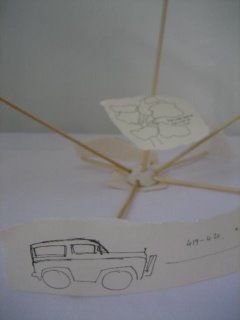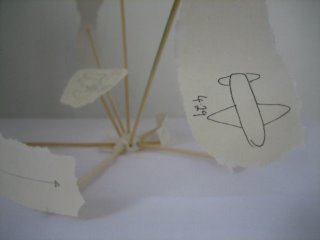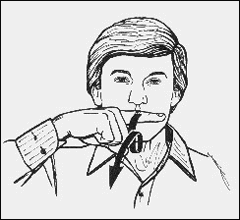silence box
 i originally wanted this box not to haev sound, but only show the vibration of the particles. it seems you cannot have one without the other. it was really quiet the other day when i tested it, but now that they are in a resonance chamber, the sound is amplified and sounds like whatever i'm playing through it. though it is intersting to note the connection between feeling the sound and the sound.
i originally wanted this box not to haev sound, but only show the vibration of the particles. it seems you cannot have one without the other. it was really quiet the other day when i tested it, but now that they are in a resonance chamber, the sound is amplified and sounds like whatever i'm playing through it. though it is intersting to note the connection between feeling the sound and the sound.its still a tactile object, and my marquettes reflect that.
unfortunately, it looks a bit apple, and may make people think that all i wanted to do was to build a fancy speaker housing. they will be satisfied that i ahev failed, and that it sounds tinny. though they might eb a little impressed when they feel the vibrations. i hope so.
i think i will have to do a little more sound editing and cutting, understanding the physics of the vibration, before i can take the sound and make it purely touch. i think i was right in the first place thinking about little surface area.


 Resin casting my marquettes is a great technique. I'm now 'meditating' on the sound in the city (i dont want to talk too specifically because i dont want to sway your view of the marquettes). I can medititate and form objects out of clay. These objects are left to dry and i get a chance to review them before i sand, then cover them in latex, cast, then sand again, and polish. its a lot like creation, and then a long affirmation session. i know i want the original pieces the way i want them because there is so much effort in getting them to the final stage that i dont want to start with a poor idea.
Resin casting my marquettes is a great technique. I'm now 'meditating' on the sound in the city (i dont want to talk too specifically because i dont want to sway your view of the marquettes). I can medititate and form objects out of clay. These objects are left to dry and i get a chance to review them before i sand, then cover them in latex, cast, then sand again, and polish. its a lot like creation, and then a long affirmation session. i know i want the original pieces the way i want them because there is so much effort in getting them to the final stage that i dont want to start with a poor idea. this is the first one cast. the rest will be in black.
this is the first one cast. the rest will be in black.


































